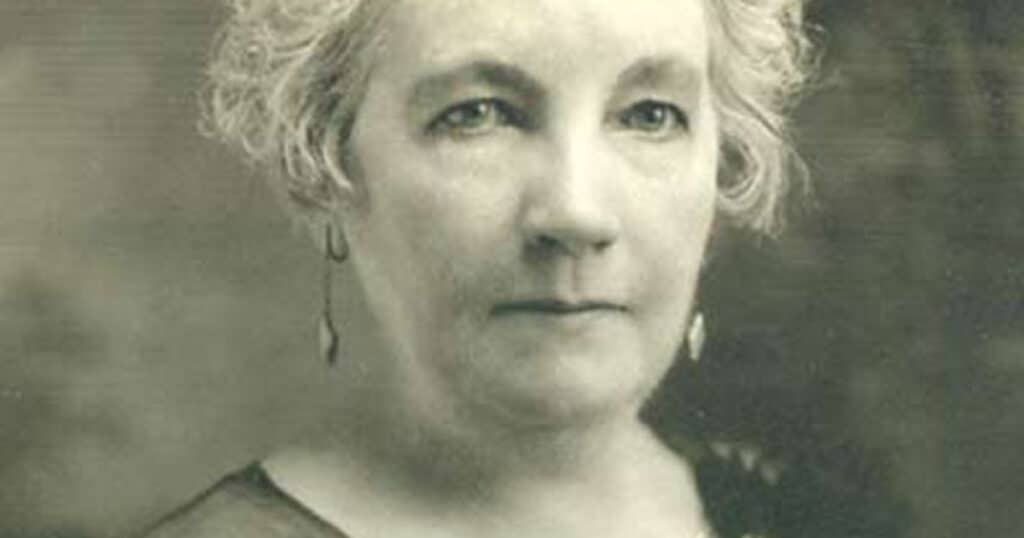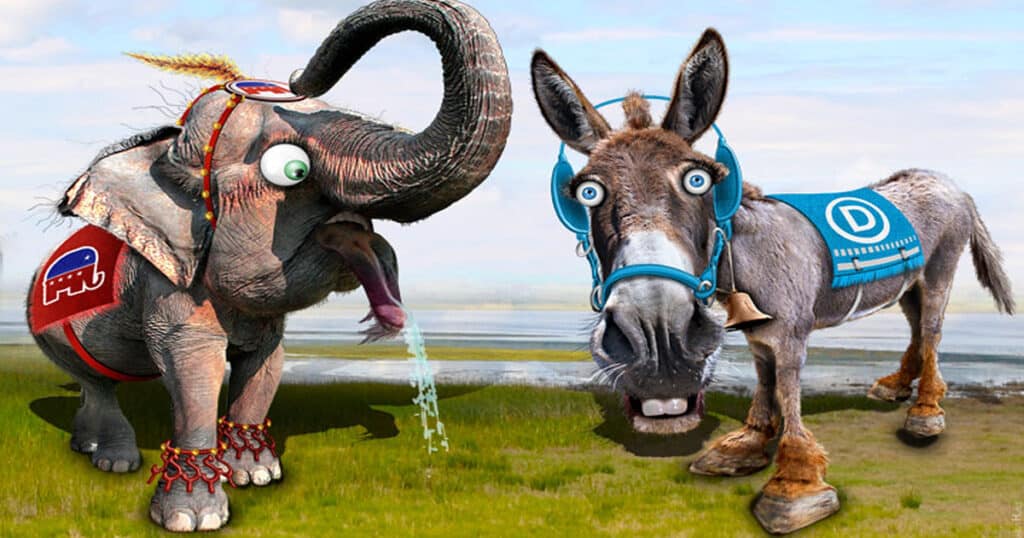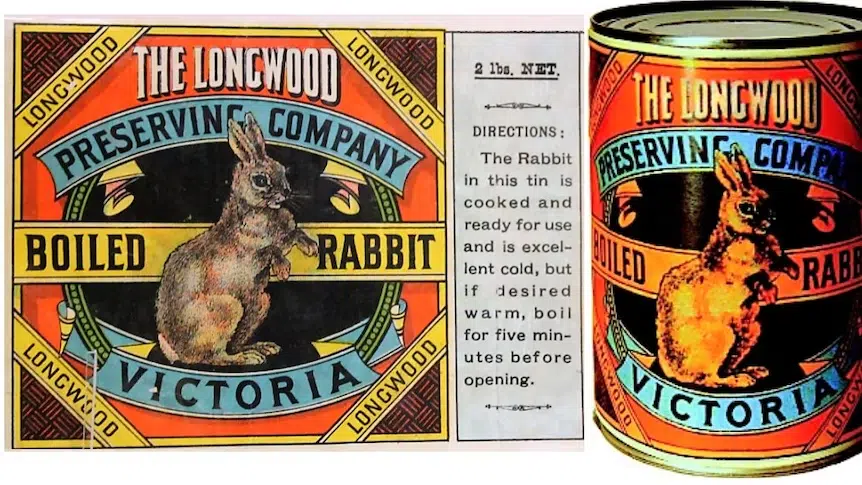
A Child’s Primer for Liberty
The following is a condensed version of “A Child’s Primer for Liberty” by John O. McGinnis, published at Law & Liberty.
Of all the books my wife and I have read to our now seven-year old daughter, none has taught as much about life and liberty as the Little House series by Laura Ingalls Wilder. Most literature that enthralls children, like The Lord of the Rings and Harry Potter, is fantasy, but this series, being a memoir of the Ingalls family when Wilder was growing up, is based in fact—even if softened by a degree of nostalgia with a modified timeline and composite characters. Her family members cannot call on magic but only on their own inner strengths to survive in a world of outer scarcity.
This austere setting makes the series the best introduction for a child to virtues indispensable to liberty—self-reliance, personal responsibility, and respect for individual choice. The difficult lives of her family also naturally prompt discussion of how and why our lives have become so much more comfortable today. While these transformations may seem akin to magic, they have been brought about by capitalism—another important lesson for a child.
From the very first book, Little House in Big Woods, Ingalls remembers her five-year old self as struggling with self-control. She believes that Mary, her elder sister, is both better behaved and more beautiful, with golden curls compared to her dirty brown locks. Even at this early age she helps with small chores, like churning butter. The Ingalls family has almost nothing saved. Pa can obtain the fabric for clothes and small treats, like candy, only by trading the fur of the animals he traps. Still, there is leisure in the evening and plenty of singing with Pa leading on his fiddle. Laura is fascinated in particular by the stories that Pa tells to while away the dark winter nights. Sometimes Laura wants to complain about their hardships but she learns to stop herself and instead contribute to family merriment.
The course of Laura’s childhood recapitulates in miniature the famous thesis of Frederick Jackson Turner about American history, in which the wide open frontier determined our national character. Pa moves in the hopes of a better life only to move again when those hopes are disappointed. He leaves the little house in the big woods in Wisconsin, because the place is getting overcrowded, no doubt reducing his supply of animal furs. He moves to the plains of Kansas and builds a new house, only to find that the territory belongs to Native Americans. Before the soldiers come to move them off, he takes his family on yet another wagon journey to Plum Creek in Minnesota. There he builds another home, expecting to make a good living through abundant wheat harvests. But hordes of locusts destroy his crops. The scenes of the locusts are brilliantly rendered both when they descend in a glittering cloud to alight on his wheat and when a year later their brood marches off West in the millions having eaten all the surrounding vegetation. Wilder captures both the biblical grandeur and desolation of the events.
Pa then moves his family to South Dakota hoping for a better harvest. But the family faces early on a winter so terrible that they almost starve. Pa ends up making a living as a clerk who oversees the building and maintenance of the railroad, his change of job presaging the new generations that will move off the farm. Through all Pa’s many failures, the family receives no support from the government but relies on neighbors and each other. They pick themselves up, dust themselves off, and start all over again.
The book is also the portrait of young girl in the act of creating the woman who would emerge as a skilled author at sixty. Wilder had very little formal education and what learning she did have was from one-room schoolhouses, supplemented by her mother’s homeschooling and Sunday school.
Like James Joyce, she delights in words from an early age. She revels in her father’s gifts as a story teller. Her sister Mary’s blindness forces her to hone her talents as a succinct lyricist of the natural world so she can fully describe what Mary cannot see. And unlike her other sisters, she always is eager to go outside the home to observe unusual happenings, like the way teams of rough workers make smooth the way for the railroad across the swells of the plain. In a nation of self-made men, she is quintessentially the self-made writer, carving out, as from marble, a monument to her family’s life and the wild variety of surrounding nineteenth-century America.
Wilder herself thus provides the greatest example for a child of the uses to which liberty can be put, transmuting a series of failed family ventures into something of glorious and enduring value.
John O. McGinnis is the George C. Dix Professor in Constitutional Law at Northwestern University and a Contributing Editor at Law & Liberty. His book Accelerating Democracy was published by Princeton University Press in 2012. McGinnis is also the coauthor with Mike Rappaport of Originalism and the Good Constitution published by Harvard University Press in 2013 . He is a graduate of Harvard College, Balliol College, Oxford, and Harvard Law School. He has published in leading law reviews, including the Harvard, Chicago, and Stanford Law Reviews and the Yale Law Journal, and in journals of opinion, including National Affairs and National Review.
This article was originally published by Law & Liberty Exclusive and made available via RealClearWire.



